Bioethics Forum Essay
Heavy Metal Bioethics
I had never thought much about Alzheimer’s disease, other than to hope that I never suffer from it. But after attending a heavy metal concert, my ears still ringing from the blaring wall of amps, that fateful condition began to weigh on my heart and mind. The songs the band performed that evening were about a character sliding into the mental abyss of Alzheimer’s disease.
The songs were powerful, and they troubled me. But, most poignantly, they invited me to reflect on the devastating health challenges of another. In the months that followed, I often ruminated on my experience. It left me with several questions about music, bioethics, and empathy. How much empathy should bioethicists have for the populations they write about? Can empathy be taught? If so, can bioethicists emotionally connect to and appreciate others’ life circumstances, through the power of music?
According to Merriam-Webster, empathy is “the action of understanding, being aware of, being sensitive to, and vicariously experiencing the feelings, thoughts, and experience of another.” Empathy is important; bioethicists should understand and value the persons in the populations they study, who are vulnerable within a complicated medical milieu. Without empathy, we become casual, removed observers. My ignorance of and apathy toward Alzheimer’s disease seems to have gradually shifted toward something akin to empathy after attending the performance by The Reticent.
The Reticent is a band from North Carolina, founded by multi-instrumentalist and singer/songwriter, Chris Hathcock. Hathcock’s music can be described as progressive heavy/death metal, with elements of folk and classical. This sub-subgenre tickles one of my musical sweet spots, which is why I was interested in hearing the band live. What I did not know was how their performance would leave me feeling.
The Reticent were performing their album, The Oubliette, a musical story of a man named Henry and his progression through the seven stages of Alzheimer’s. The album is divided into seven musical movements, each focused on one of the stages. Interspersed between and within tracks, one hears the voices of health care professionals, family members, and (perhaps?) hallucinatory figures that Henry encounters as he is claimed by the degenerative condition.
I found the music to effectively communicate a wide range of emotions, those that Henry might be feeling such as sadness, fear, and rage. Brief videos projected on a screen next to the band worked with the music to convey Henry’s lonely and desperate state. When I left the show, I felt what I characterize as a “brain itch”—a sensation mildly annoying but inviting my attention. In the subsequent weeks, I discovered that there is research literature on how music could increase a person’s empathy. Was this what was occurring? Was an ember of empathy toward people suffering from Alzheimer’s slowly growing and glowing within me?
Literature from the fields of musicology, psychology, and education attempt a connection between music and empathy. For example, does an ability to be emotionally impacted by sad music indicate a strong capacity for empathy? Can listening to music from a culture other than one’s own increase empathy for the “other” in the listener? Incorporating the arts into bioethics education may assist students in understanding life from another’s perspective, a valuable trait for all human beings.
But what about music written by or about populations that bioethicists study and write about? Could, for example, music created by people with autism aid in bioethicists’ understanding of and empathy toward them? Could a song about a person contemplating medical aid in dying open any new avenues of dialogue among bioethicists?
One study by McDonald et. al. is vital to these questions. “We observed that emotionally negative (i.e. sad) music, when paired with depictions of emotional distress in others, enhanced empathy, compassion, and pro-social decisions.” Subjects who viewed videos depicting a specific emotion, when paired with music conveying that emotion, experienced increased empathy. The authors posit that the power of music to elicit powerful emotions could play a role. As we feel the emotions that music stirs up within us, we make judgements about others’ emotional states based on what we are feeling. Perhaps The Reticent’s videos were enhancing my feelings of empathy towards Henry, the album’s fictional victim of Alzheimer’s disease. As I heard the piercing, driving music, coupled with the striking images of a man falling deeper into mental oblivion, I felt sad for Henry. I imagined that someone floating between various states of awareness would feel scared, confused, and angry. According to McDonald et.al. I then placed these very real emotions onto the subject and “felt with” him. This experience has continued to unfold for me over the course of two years.
Could a musician struggling with mental health challenges help their audience understand and empathize with their experience? One well-known musician who has struggled with mental health is David Byrne. In his book, How Music Works, Byrne describes his extreme introversion, shyness, and social awkwardness, which he would later self-diagnose as Asperger’s syndrome. Music offered him a mode of expression that freed him from the communication challenges of daily life and allowed him the fortitude to be creative. Critics of Byrne have described him as quirky and extremely selfish, but these traits could be explained by his mental health condition. If we go back and listen to those early Talking Heads records, with the knowledge of Byrne’s challenges, can we glean new insights into the world of someone with Asperger’s? Can we “feel with” the young David Byrne as he negotiates what must have been a strange and confusing world?
The questions I have posed are not easily answered. There is no simple, binary, yes/no response, as they involve the infinite complexity of human psychology and emotion. But I believe they may be worth exploring, as a fresh catalyst to assist bioethicists’ understanding of the populations they study. No one disputes that music is powerful and can elicit strong emotions. Can this power be harnessed in research to draw bioethics closer to the human beings who are experiencing the disease states and other life challenges that we seek to understand, and for whom we desire to promote flourishing and beneficence? For those interested, it will be super enjoyable finding out!
David Nantais, D.Be, works in Mission Integration and Ethics for Trinity Health in southeast Michigan. He is a rock drummer of over three decades.

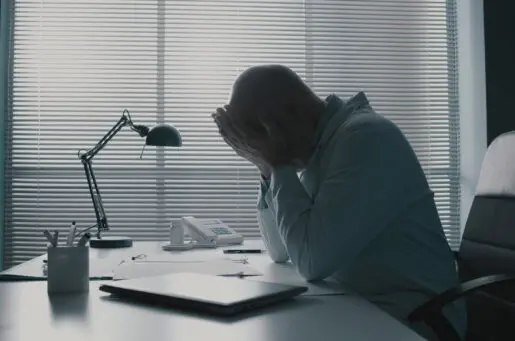




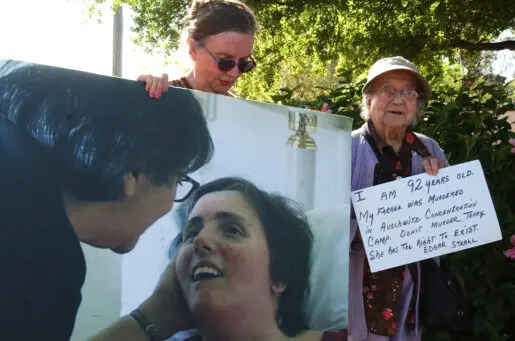

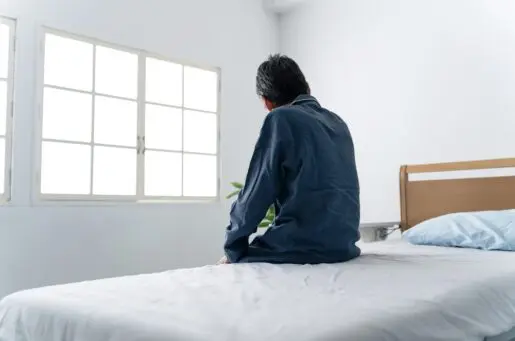

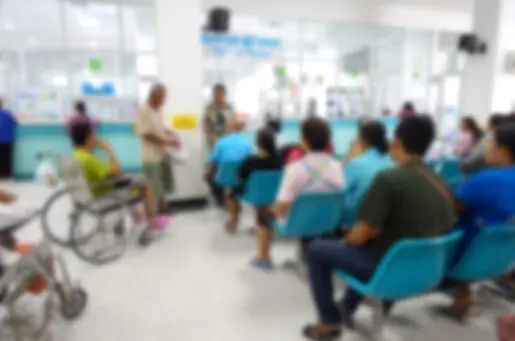

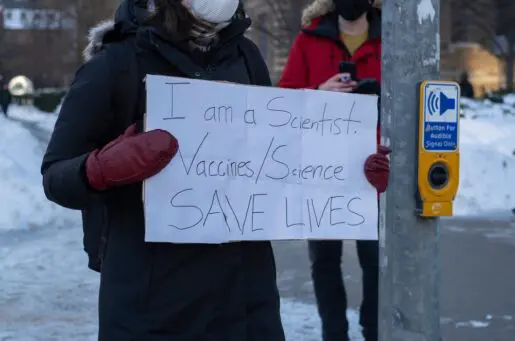

Great article. The energetics, vibration, harmony, and melody speak to the ear, heart and cellular memory of each listener.Thats why music touches the soul in unique and powerful moving ways for healing as well as perspective and hopefully understanding of ourselves and others.
My LO has been diagnosed with Alzheimer’s officially for 5 years. Memory was lost, didn’t remember his mother, or past life, acted like a 12 yr old. he was 75, He had some terrible night as he kept asking to go to the bathroom and get up at night. The doctor prescribed a sleeping pill (zolpidem), but it had a very bad side effect on him (delusions and hallucinations) and we decided not to give it any more and went for the Neuro X program that was introduced to us by his primary care doctor, he was on the Neuro X program for Alzheimer’s disease from Uine Health Centre for 6 months. The treatment relieved symptoms significantly, After the treatment he’s all of a sudden back active again, almost all his symptoms are gone, no signs of agitations, his sleeps pattern are back to normal. His memory loss has greatly improved and he tells stories about his past life, we got the Neuro X program from uine healthcentre . co m. I want to clarify that my comment is not a paid promotion or any form of advertisement. I am absolutely confident that this program offers a viable solution and hope someone find it helpful.
My concern as a Neurologist is that deafness related to noise exposure at these concerts is a risk factor for Alzheimer disease. We were taught to empathise as though the person was your mother.
My LO has been diagnosed with Alzheimer’s officially for 5 years. Memory was lost, didn’t remember his mother, or past life, acted like a 12 yr old. he was 75, He had some terrible night as he kept asking to go to the bathroom and get up at night. The doctor prescribed a sleeping pill (zolpidem), but it had a very bad side effect on him (delusions and hallucinations) and we decided not to give it any more and went for the Neuro X program that was introduced to us by his primary care doctor, he was on the Neuro X program for Alzheimer’s disease from Uine Health Centre for 6 months. The treatment relieved symptoms significantly, After the treatment he’s all of a sudden back active again, almost all his symptoms are gone, no signs of agitations, his sleeps pattern are back to normal. His memory loss has greatly improved, and he tells stories about his past life, we got the Neuro X program from uinehealth centre . c om